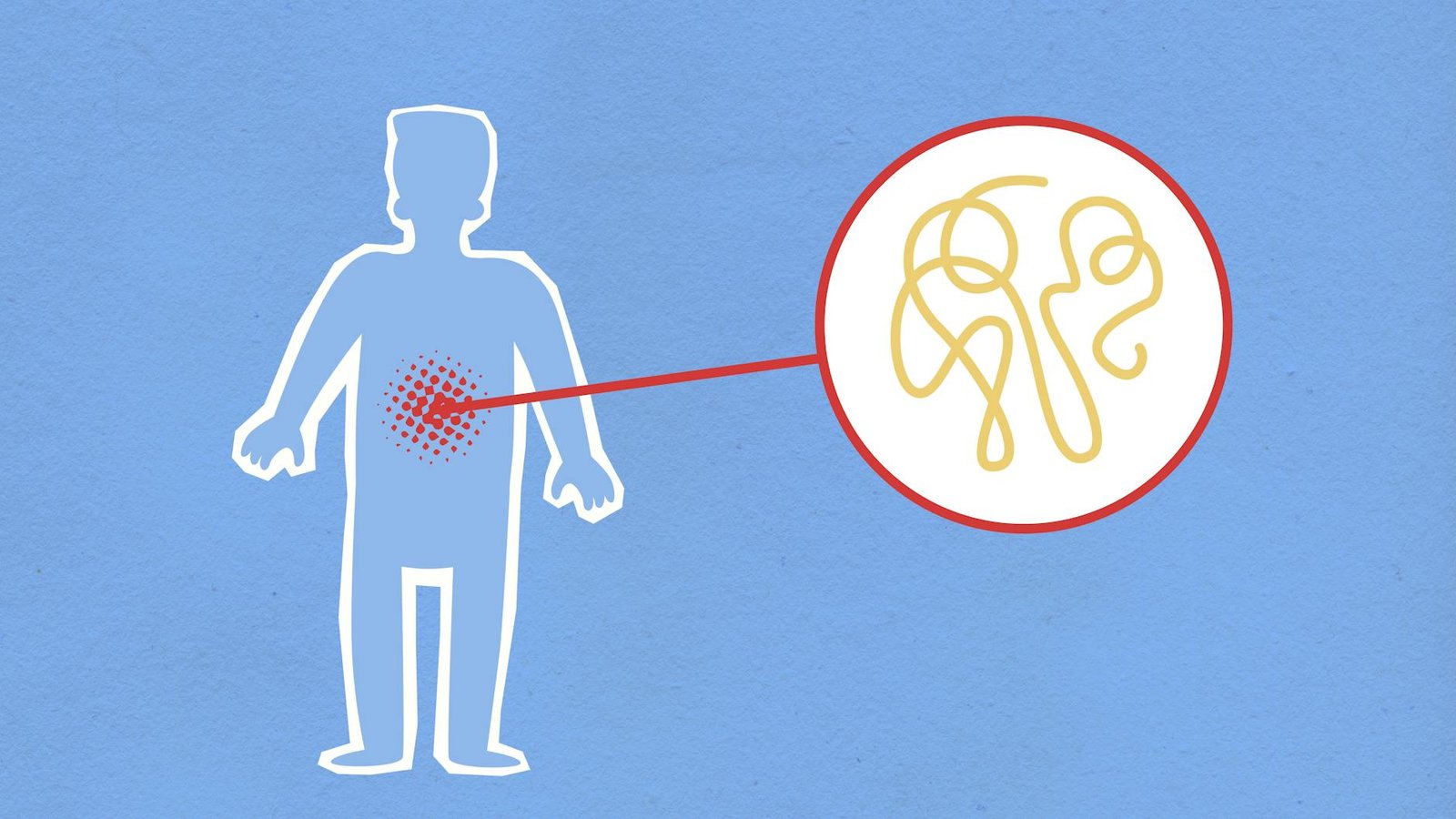
How Alcohol Affects Your Ankylosing Spondylitis
🍺 vs. 🦴 – The Battle Within Your Body
Have you ever found yourself torn between enjoying a glass of wine with friends and the nagging worry about how it might affect your Ankylosing Spondylitis (AS)? You’re not alone. For many people living with AS, the question of whether to sip or abstain is a complex one, fraught with potential consequences.
Ankylosing Spondylitis, a chronic inflammatory condition primarily affecting the spine, can be a challenging companion in life. Add alcohol to the mix, and you’ve got a recipe for uncertainty. Does that drink spell relief or regret? 🤔 In this post, we’ll dive deep into the relationship between alcohol and AS, exploring both the risks and potential benefits. We’ll guide you through understanding AS and alcohol interactions, the impact on symptoms, potential risks, and even some surprising benefits of moderate consumption. By the end, you’ll be equipped to make informed decisions about your drinking habits in the context of managing your AS.

Understanding Ankylosing Spondylitis (AS) and Alcohol
What is Ankylosing Spondylitis?
Ankylosing Spondylitis (AS) is a chronic inflammatory arthritis primarily affecting the spine and sacroiliac joints. This autoimmune condition causes pain, stiffness, and potential fusion of the vertebrae over time. AS typically onset in young adulthood and affects more men than women.
The role of inflammation in AS
Inflammation plays a crucial role in the progression of AS. The immune system mistakenly attacks healthy tissues, leading to:
- Persistent inflammation in the spine and joints
- Gradual bone damage and potential fusion
- Increased pain and reduced mobility
Common symptoms and challenges
Patients with AS face various symptoms and challenges in their daily lives:
| Symptoms | Challenges |
|---|---|
| Back pain and stiffness | Difficulty with mobility |
| Fatigue | Reduced quality of life |
| Limited spinal flexibility | Impaired work productivity |
| Chest pain | Sleep disturbances |
| Eye inflammation (uveitis) | Emotional stress |
Managing these symptoms often requires a multifaceted approach, including medication, physical therapy, and lifestyle modifications. One crucial aspect of lifestyle management is considering the impact of alcohol consumption on AS symptoms and overall health.
Now that we have a clear understanding of AS and its implications, let’s explore how alcohol can affect the symptoms and progression of this condition.

The Impact of Alcohol on AS Symptoms
Now that we understand the basics of Ankylosing Spondylitis (AS), let’s explore how alcohol consumption can affect the symptoms of this condition. Alcohol can have various impacts on individuals with AS, ranging from sleep disturbances to potential medication interactions.
Sleep Quality and Alcohol Use
Alcohol can significantly impact sleep quality for AS patients:
- Disrupts sleep cycles
- Increases nighttime awakenings
- Exacerbates fatigue and daytime sleepiness
| Sleep Factor | Impact of Alcohol |
|---|---|
| REM Sleep | Decreased |
| Deep Sleep | Reduced |
| Sleep Onset | Initially faster, but less restful |
| Overall Quality | Diminished |
Potential Interactions with AS Medications
Alcohol can interact with common AS medications, potentially leading to:
- Reduced effectiveness of treatments
- Increased risk of side effects
- Liver damage when combined with certain drugs
Pain Management and Alcohol Consumption
While some may use alcohol for temporary pain relief, it can be counterproductive:
- Short-term numbing effect
- Long-term exacerbation of pain symptoms
- Interference with proper pain management strategies
Alcohol’s Effect on Inflammation
Alcohol can have a complex relationship with inflammation in AS:
- Moderate consumption may have anti-inflammatory effects
- Excessive drinking can increase systemic inflammation
- Individual responses may vary
Understanding these impacts is crucial for AS patients to make informed decisions about alcohol consumption. Next, we’ll delve deeper into the specific risks associated with combining alcohol and AS.

Risks of Combining Alcohol with AS
Now that we’ve explored the impact of alcohol on AS symptoms, let’s delve into the specific risks associated with combining alcohol consumption and ankylosing spondylitis. Understanding these risks is crucial for making informed decisions about your lifestyle choices.
A. Digestive system complications
Alcohol can exacerbate digestive issues commonly experienced by AS patients:
- Increased inflammation in the gut
- Higher risk of gastrointestinal bleeding
- Potential interference with nutrient absorption
| Digestive Issue | Impact of Alcohol |
|---|---|
| Gut inflammation | Worsens existing inflammation |
| GI bleeding | Increases risk, especially with NSAIDs |
| Nutrient absorption | Impairs absorption of essential vitamins and minerals |
B. Mental health considerations
The relationship between alcohol and mental health in AS patients is complex:
- Alcohol may temporarily alleviate pain and anxiety
- Long-term use can lead to depression and anxiety disorders
- Risk of developing alcohol dependency as a coping mechanism
C. Bone health and alcohol’s impact
Ankylosing spondylitis already affects bone health, and alcohol can compound these issues:
- Interferes with calcium absorption and metabolism
- Increases risk of osteoporosis
- May contribute to higher fracture risk in AS patients
D. Increased likelihood of flare-ups
Alcohol consumption can trigger or worsen AS flare-ups:
- Dehydration from alcohol can exacerbate joint pain and stiffness
- Inflammatory response to alcohol may intensify AS symptoms
- Disrupted sleep patterns due to alcohol can lead to increased fatigue and pain
Understanding these risks is essential for managing AS effectively. Next, we’ll explore the potential benefits of moderate alcohol consumption for some AS patients, providing a balanced view of this complex topic.

Benefits of Moderate Alcohol Consumption
While excessive alcohol consumption can be detrimental for individuals with Ankylosing Spondylitis (AS), moderate drinking may offer some potential benefits. Let’s explore these advantages:
A. Cardiovascular benefits for AS patients
Moderate alcohol consumption has been associated with certain cardiovascular benefits, which can be particularly relevant for AS patients:
- Improved heart health: Studies suggest that moderate drinking may increase HDL (good) cholesterol levels and reduce the risk of heart disease.
- Lower inflammation markers: Some research indicates that moderate alcohol intake might lower certain inflammatory markers in the body.
| Cardiovascular Benefit | Description |
|---|---|
| Increased HDL cholesterol | Helps remove harmful LDL cholesterol from arteries |
| Reduced blood clot formation | May lower the risk of heart attacks and strokes |
| Improved insulin sensitivity | Can potentially reduce the risk of type 2 diabetes |
B. Social and stress-relief aspects
For many individuals with AS, moderate alcohol consumption can play a role in social interactions and stress management:
- Social lubricant: Alcohol can help ease social anxiety and facilitate interactions, which is important for maintaining relationships and support networks.
- Stress reduction: In moderation, alcohol may help some individuals relax and unwind, potentially reducing stress levels.
C. Potential anti-inflammatory effects
Some studies suggest that moderate alcohol consumption might have anti-inflammatory properties:
- Reduced inflammation markers: Certain types of alcohol, particularly red wine, contain compounds that may help reduce inflammation in the body.
- Potential pain relief: The anti-inflammatory effects might contribute to temporary pain relief for some AS patients.
It’s crucial to note that these benefits are associated with moderate consumption, typically defined as up to one drink per day for women and up to two drinks per day for men. Always consult with your healthcare provider to determine if and how alcohol consumption fits into your AS management plan.

Making Informed Decisions about Alcohol and AS
Now that we’ve explored the risks and potential benefits of alcohol consumption for those with Ankylosing Spondylitis (AS), it’s crucial to make informed decisions about your drinking habits. Let’s delve into strategies to help you navigate this aspect of your lifestyle while managing AS.
Setting Personal Limits and Guidelines
Establishing personal limits is key to managing alcohol consumption with AS. Consider the following guidelines:
- Set a weekly drink limit based on your symptoms and medication regimen
- Choose specific days for alcohol consumption, allowing for recovery periods
- Opt for lower alcohol content beverages to minimize potential negative effects
Alternative Beverages and Social Strategies
Exploring alcohol alternatives can help you maintain a social life without compromising your health:
| Beverage | Benefits |
|---|---|
| Mocktails | Festive, non-alcoholic options that mimic cocktails |
| Kombucha | Probiotic-rich, slightly fizzy drink with potential anti-inflammatory properties |
| Herbal teas | Caffeine-free options with potential soothing effects |
Social strategies:
- Be the designated driver
- Suggest alcohol-free activities to friends
- Practice saying “no” to drinks confidently
Monitoring Your Body’s Response to Alcohol
Keeping track of how alcohol affects your AS symptoms is crucial:
- Use a symptom tracker app or journal
- Note any changes in pain, stiffness, or fatigue after drinking
- Observe long-term trends in your symptoms related to alcohol consumption
Consulting with Your Healthcare Provider
Your healthcare provider is an invaluable resource in managing AS and alcohol consumption:
- Discuss your current drinking habits
- Ask about potential interactions with your medications
- Work together to create a personalized plan for alcohol consumption
By implementing these strategies and maintaining open communication with your healthcare team, you can make informed decisions about alcohol that align with your AS management goals and overall well-being.

Living with Ankylosing Spondylitis presents unique challenges, and alcohol consumption can significantly impact your condition. While moderate drinking may offer some potential benefits, it’s crucial to weigh these against the risks of exacerbating symptoms and interfering with medication effectiveness.
Ultimately, the decision to drink alcohol with AS is a personal one. Consult with your healthcare provider to understand how alcohol might affect your specific situation. By making informed choices and listening to your body, you can better manage your AS symptoms and maintain a higher quality of life. Remember, your health should always be the top priority when considering lifestyle choices.
Read more about 10 Life-Changing Ankylosing Spondylitis Self-Care Hacks You Never Knew Existed
Read more about AS






